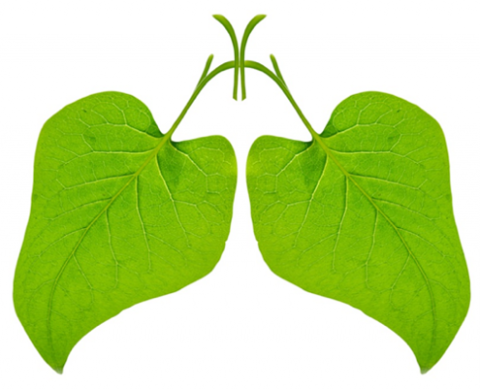News from Lungs for Living
News from Lungs for Living

The Lungs for Living team is extremely busy leading ground-breaking research into early lung cancer, and the Summit Study, which aims to detect lung cancer early and to develop a new blood test for the early detection of multiple cancer types, is well underway. The Summit Study, which is being delivered by UCLH in close collaboration with UCL and GRAIL, Inc, is taking place over a five year period from 2019 – 2024, and is working with people across London who have been identified as having the highest risk of lung cancer, chronic obstructive pulmonary disease and cardiovascular disease.
The Summit Study was set up with the aim of bringing low dose CT screening to high risk individuals in the North Central and North East London area to enable early diagnosis and improved survival for patients with lung cancer. Lung cancer shares risk factors with a number of other cardio-respiratory disease including Chronic Obstructive Pulmonary Disease (COPD), Interstitial Lung Disease and Cardiovascular Disease including Ischaemic Heart Disease. The global impact of cardio-respiratory disease is significant with both Ischaemic Heart Disease and COPD being listed in the WHO’s top 3 causes of the world’s total deaths.
The SUMMIT study provided an opportunity to create a research resource from the high level of data collected from patients at high risk of a range of cardio-respiratory conditions. Through the addition of blood sampling from the participants, a bioresource was created that combined chest imaging, physiological tests such as spirometry, blood pressure and BMI, blood samples, medical history and self-reported patient data through questionnaires. This resource allows researchers to answer questions on disease prevention, treatment, and prognosis on a range of conditions.

The SUMMIT study has now entered its 3rd year. Recruitment was completed in May 2021 with participants due to continue to attend follow up appointments until May 2023. There have been 13,035 participants so far recruited to the study. 27,605 blood samples have been obtained, processed and stored into buffy coat and plasma samples which will be suitable for future use in research. This gives 141,717 aliquoted samples across 13,035 participants and 4 time points that can be used to answer a wide array of research questions covering a range of respiratory and cardiac diseases. There have been 28,172 low dose CT chest scans completed.
As was hypothesised, a high level of disease was found across the scans that have been done, with around 4% of scans requiring further investigation for possible cancer. From these investigations 244 lung cancers have been diagnosed (along with 43 other cancers diagnosed) as a result of the Summit scans. Evidence has been found of cardiovascular disease in 7,141 participants, evidence of emphysema in 3,711 participants and evidence of bronchiectasis in 818 participants. With the help of an incredibly generous grant from The Garfield Weston Foundation the team has been able to obtain and process the samples and combine these with imaging and data from participants. This has contributed to the strong position Professor Janes and his team are now in to take this work forward in collaboration with a range of academic colleagues.
Like many projects, the study has been affected by the Covid-19 pandemic. The initial plan was to obtain blood samples from low-risk volunteers from the general public. Given the potential infection control risks and public health restrictions in March 2020 it was decided that recruitment of low-risk volunteers would represent a high risk to volunteers with limited personal benefit. The decision was taken to only recruit high-risk volunteers who would undergo CT scans and the full lung health check going forward. This has allowed resources to be concentrated on the high-risk participants who are in the greatest position to benefit personally from participating in SUMMIT and whose data and samples will enrich our bioresource the most. There is currently a team of 31 staff responsible for conducting lung health checks and obtaining samples and enabling participants to attend their appointments and receive their results.
As we reach the end of the data collection the team are looking forward to their ongoing work to enable cardio-respiratory research. There are plans for further testing on the samples to obtain genetic data, to test biomarkers of cardiac and respiratory diseases, to maximise the usefulness of the bioresource to a range of research teams.
Our team at University College London are currently collaborating with a team from Imperial College London to test biomarkers in participants who were found to have Interstitial Lung Disease on their scans. This data will be combined with the participant’s scan results, the spirometry testing participants underwent to test their respiratory function at the lung health check appointments and electronic medical record data on risk factors and medication history. This will allow answers to research questions on the development and progression of interstitial lung diseases. This is just one of the potential research areas the bioresource will allow us to explore and the team are excited at the opportunities they will have to collaborate with a wide range of academics to make full use of the resource.
One of the main goals at present is to open up our resource to as many researchers as possible and we are currently working on the processes and governance procedures to allow this access. The team feel very proud at the depth of data and potential of the resource they have collated.
